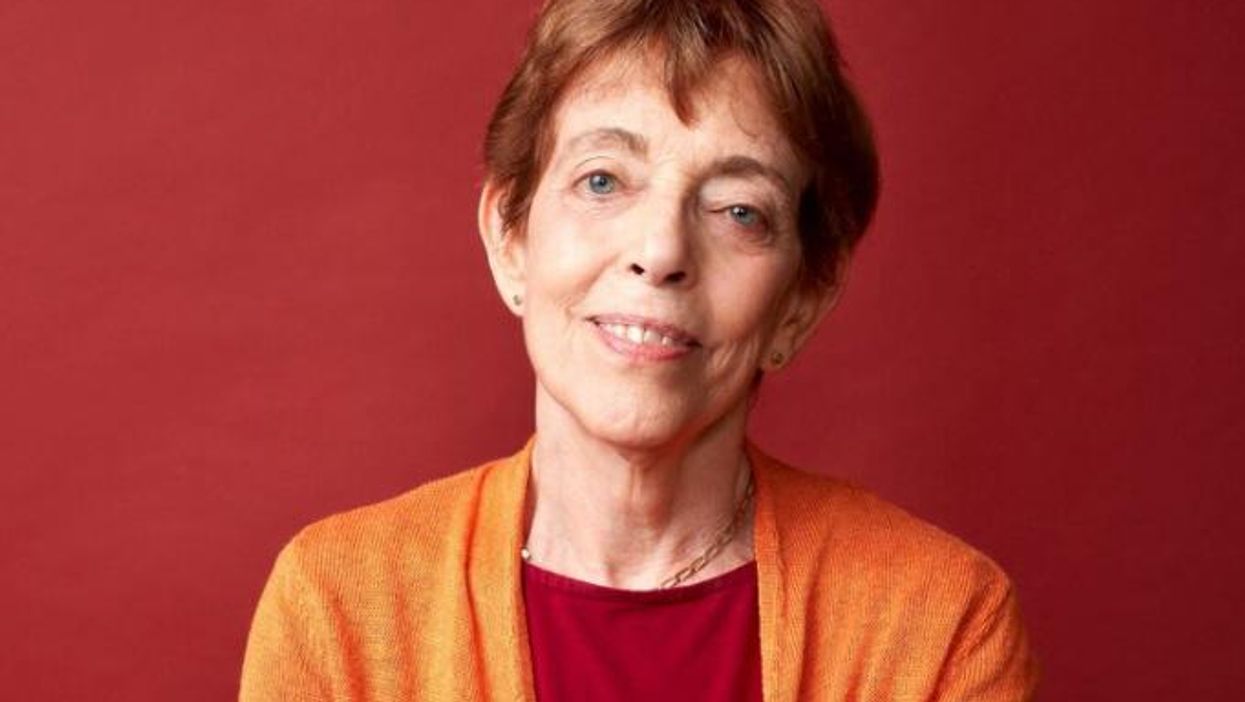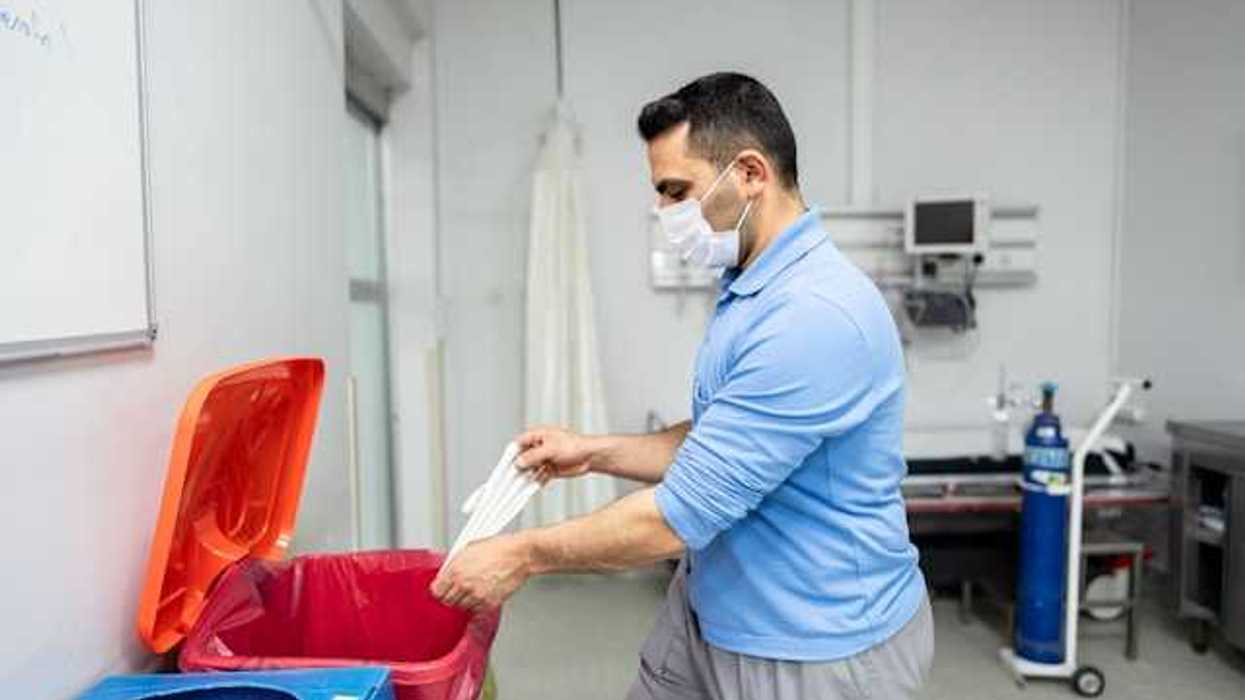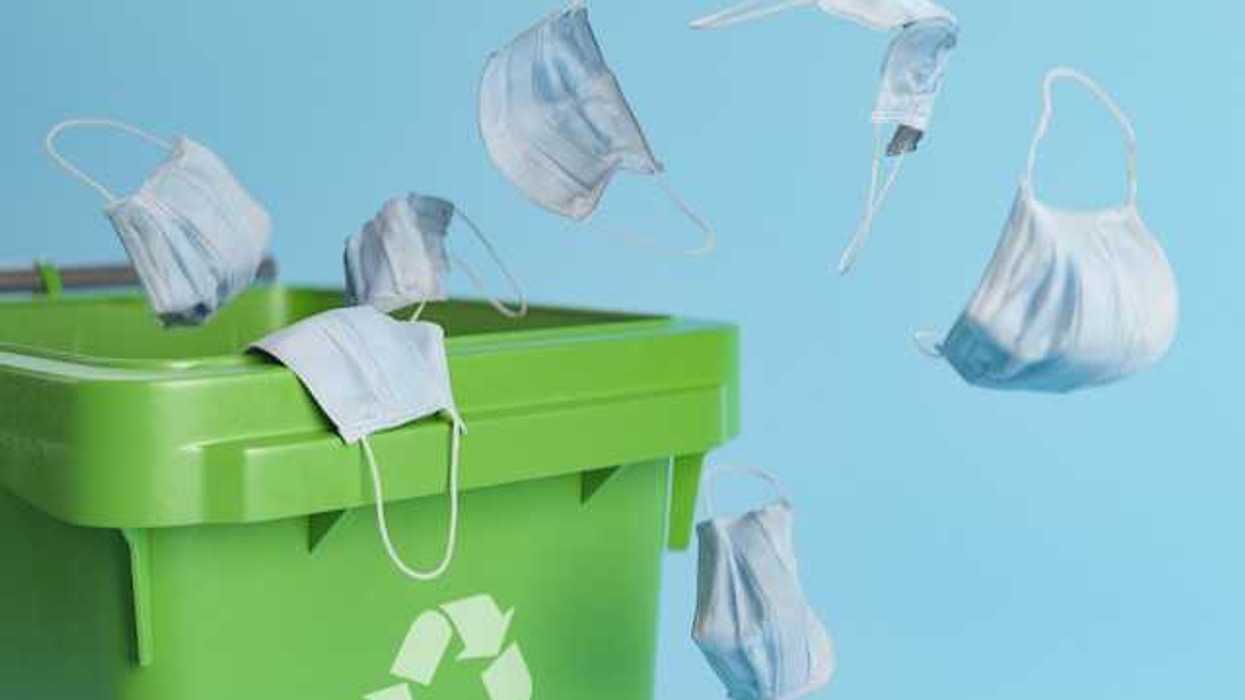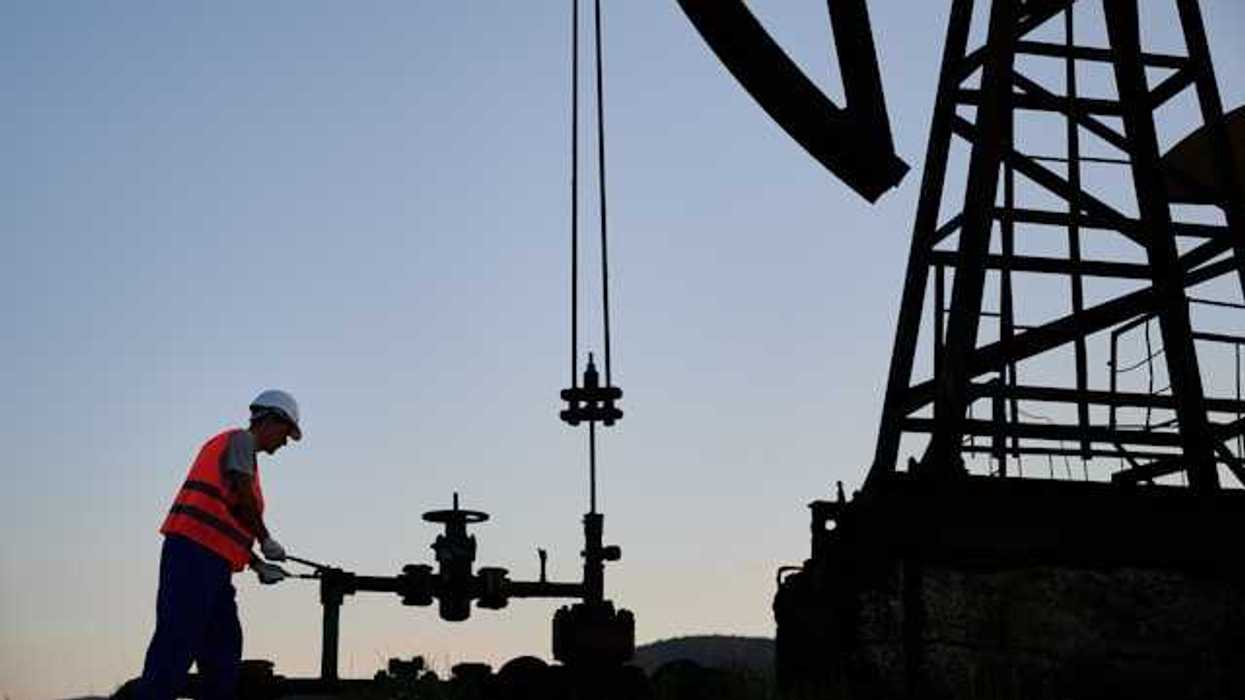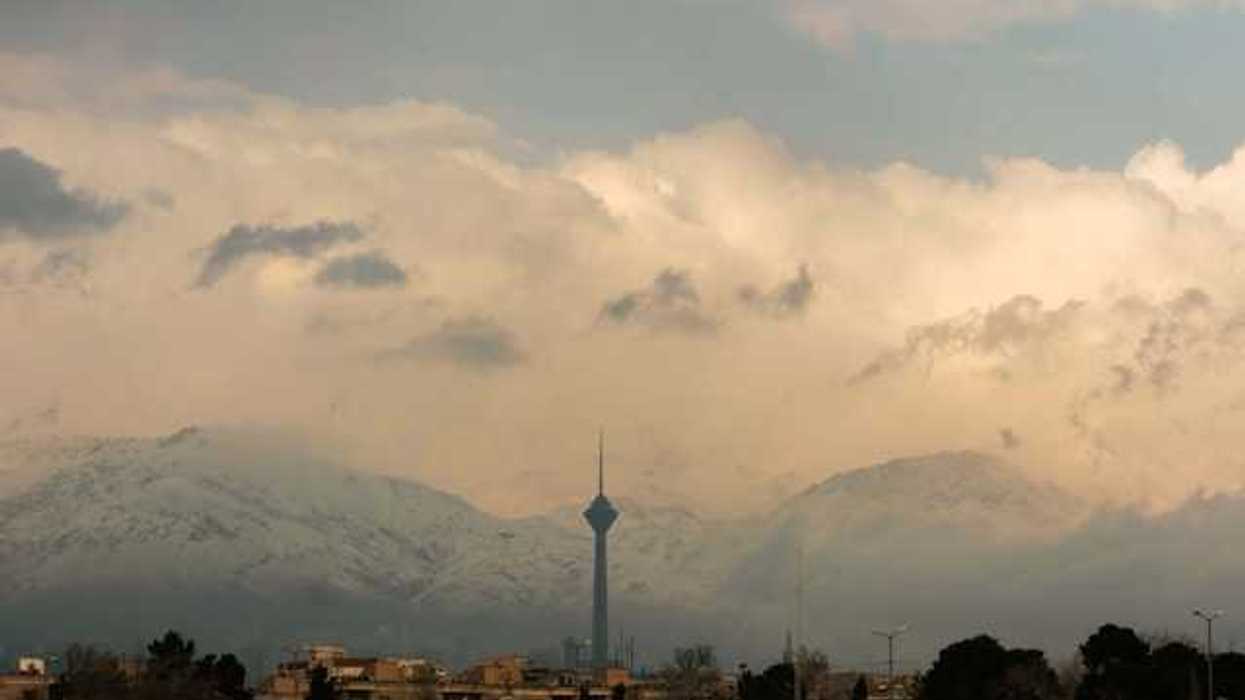EHN senior editor Brian Bienkowski talks to Dr. Shanna H. Swan—one of the world's leading environmental and reproductive epidemiologists—about her new book, Count Down: How Our Modern World Is Threatening Sperm Counts, Altering Male and Female Reproductive Development, and Imperiling the Future of the Human Race.
Swan, a professor of environmental medicine and public health at the Icahn School of Medicine at Mount Sinai in New York City, discusses the role some chemicals play in decreased sperm counts, the physical and social impacts of infertility on men and women, and what this all means for our health and planet.
Infertility and plastic pollution
From Your Site Articles

